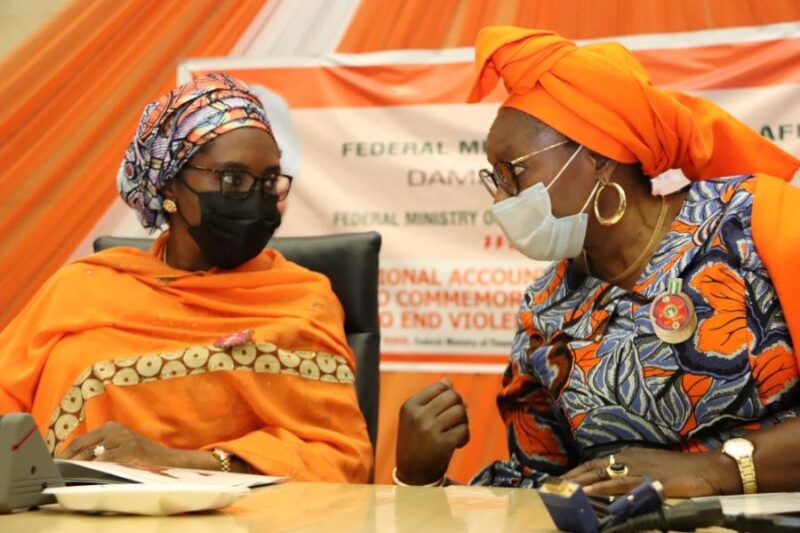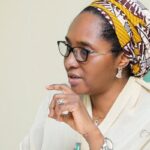By Fatimah Bintu Yusuf
The Federal Government of Nigeria has advocated for the safety and economic empowerment of women and girls, stating that the empowerment is critical to the country’s development.
In her remarks at the “National Accountability Town Hall Meeting to Commemorate the 16 days of Activism to End Violence Against Women and Girls”, held in Abuja, Mrs. Zainab Ahmed, Honourable Minister of Finance, Budget and National Planning, stated: “The safety and economic empowerment of women and girls is critical to our country’s development.
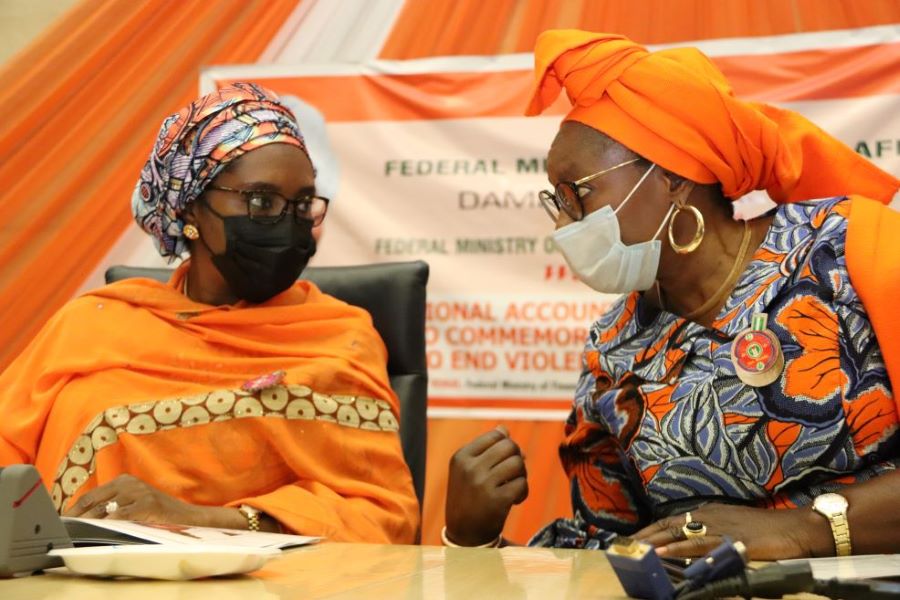
“Not only must every woman and girl be safe in their respective homes, communities, and places of work, they must all be given the opportunities and tools with which to be socially, financially, and economically empowered.
According to her, women continue to be vulnerable and at risk, and as global and domestic data have shown, women have disproportionately borne the impact of the COVID-19 pandemic – on the frontlines, in their homes, and across various sectors.
“This is against the backdrop of recent human capital and gender parity indices which provide a sobering reality – that we have a long journey ahead when it comes to achieving gender equality,” she said.
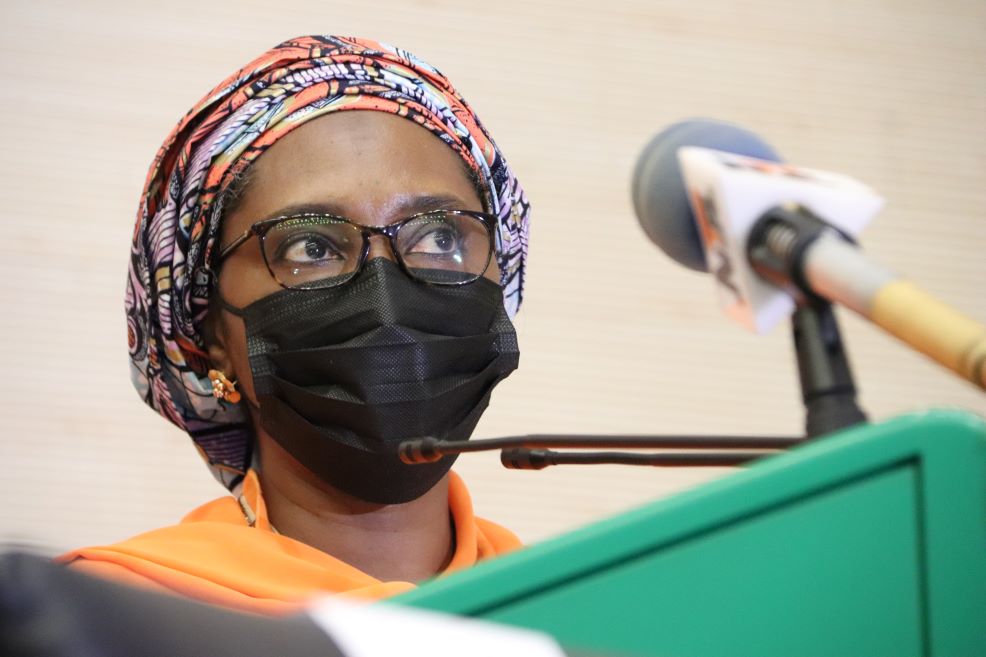
In her words: “It is, therefore, imperative that governments, and particularly those in Africa, prioritise the empowerment and advancement of women in all spheres of society, and specifically in areas relating to their socio-economic wellbeing. This is especially significant given the emerging data demonstrating the impact of representation, and of women being in positions of leadership and being decision-makers.”
She in her opinion said funding is critical. “Considering that many countries are facing fiscal constraints and low revenues post COVID-19, it is important for us to develop new and scale existing interventions at the intersection of gender and fiscal policy/public financial management.
“Such interventions include gender responsive budgeting, and assessments of the gender responsiveness of key fiscal interventions (including fiscal stimulus packages) with specific commitments aimed at improving the safety, livelihoods, and economic status of women and girls. Such a focus ensures sustainable and scalable change. This is an area in which we at the Ministry of Finance, Budget and National Planning will be focusing more deliberately, particularly in the post COVID-19 reality.

In order to ensure the sustainability of programmes and interventions, “it is critical that we take a long term and strategic approach to establishing gender parity, and ensuring that women are safe and economically empowered, resulting in a stronger economy overall. We are working to ensure that our public financial management processes are more gender-sensitive, and that credible data is made available and is disaggregated along gender lines to ensure that finances are reaching the intended beneficiaries.
“To further address issues of gender responsiveness in our fiscal interventions, I plan to convene a High-Level Policy Dialogue Session with government, development partners and other stakeholders, to harvest inputs and facilitate prioritisation of gender-focused interventions in the fiscal and public financial management space.
Many college article queries comprise an educational phrase within online free essay. You must print these pages for future research since it’ll allow you to analyse the critical education conditions in your future article questions. You might believe that, on your person article, constructions such as these sense too inflexible. They purchase composition on-line aid.
Additionally, “we plan to (with support from United Nations (UN) Women and other partners) undertake a comprehensive assessment of the gender-responsiveness of our country’s COVID-19 response with focus on the fiscal stimulus packages. Additionally, we will explore how to strengthen gender-responsiveness through the implementation of tools such as gender responsive budgeting and other interventions along the public financial management life cycle. These steps will help us mobilise and be efficient in how we use the funding required to address and prevent gender-based violence.
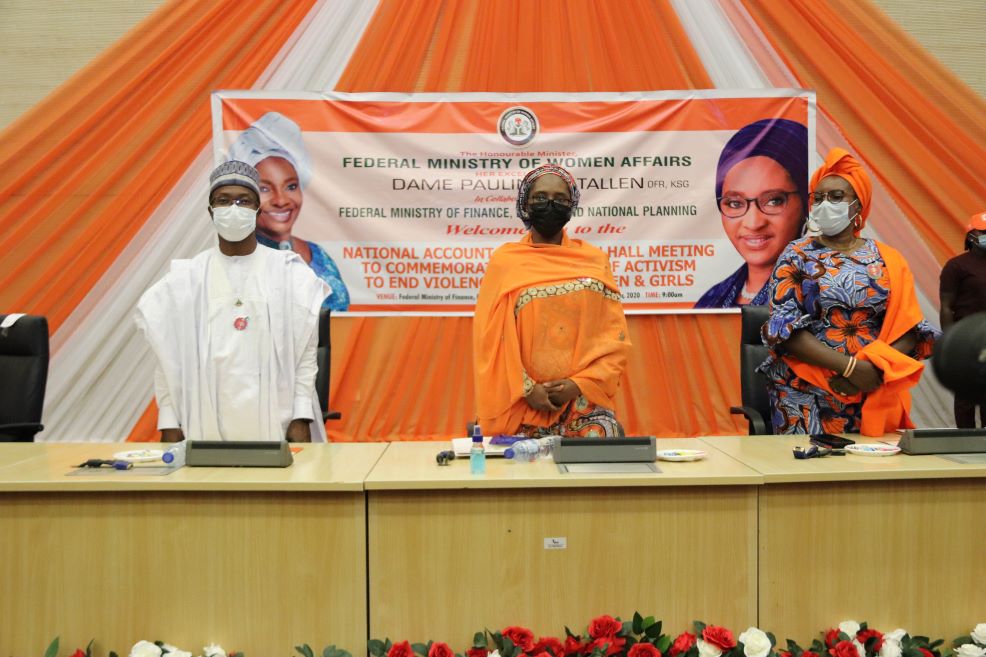
In her Keynote Address, Dame Pauline K. Tallen, Honourable Minister of Women Affairs, at the flagging-off activities at the event, noted that gender-based violence (GBV) remains one of the most serious threats to the health and safety of women and girls worldwide. The devastating consequences, in her opinion, are felt at all levels including social, economic and personal because of the grievous harm inflicted on victims.
“In spite of existing laws and policies on GBV in Nigeria, such as the Violence Against Persons Prohibition Act, 2015 and the Child Rights Act, 2003, these vile acts still persist. Violence against women and girls are widespread as a result of gender inequality due to patriarchy, imbalance in socio-economic opportunities, cultural and religious factors and inadequate enabling legal and policy frameworks, among other factors.
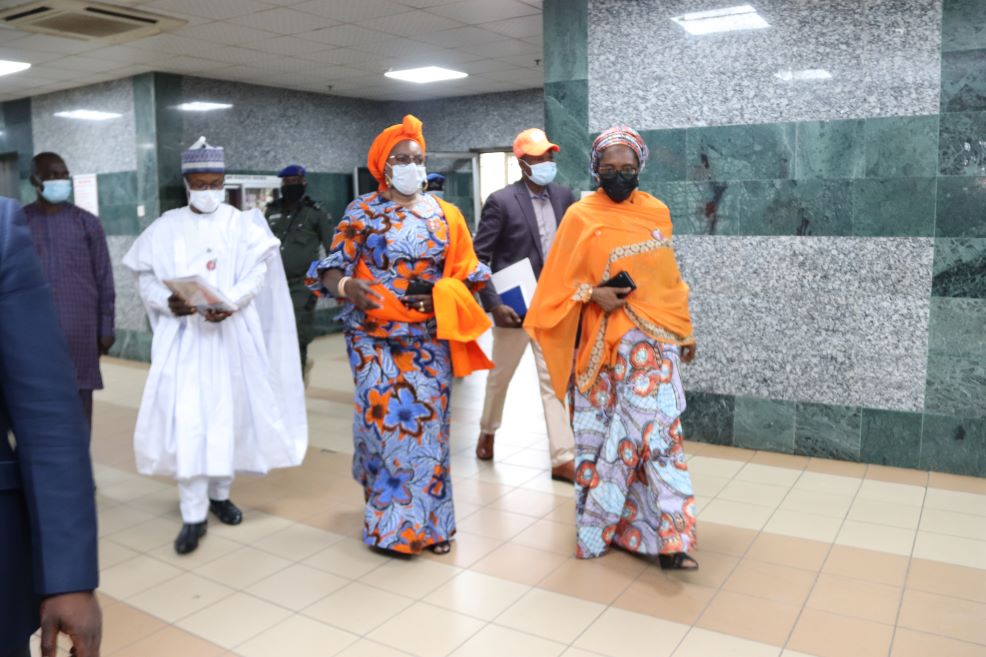
Tallen noted: “There is also a growing evidence to demonstrate that preventing violence can promote economic growth, human dignity, a just and egalitarian society. According to the UN report on GBV in Nigeria during the COVID-19 crisis, there is a general increase in GBV across all the six (6) geo-political zones and service providers have reported sharp increases in cases of intimate partner violence and domestic violence.
In spite of the ugly incidents, “the present administration, under the leadership of President Muhammadu Buhari, has truly demonstrated high commitment not only to eliminate harmful practices against women and girls, but also to curb the rampaging impact of COVID-19 pandemic and other GBV, which erupted in the wake of measures put in place to flatten the curve of the pandemic. This has made governments at all levels to respond positively to the national outcry that trailed the unacceptable trends and patterns witnessed in the last few months,” she further said.


